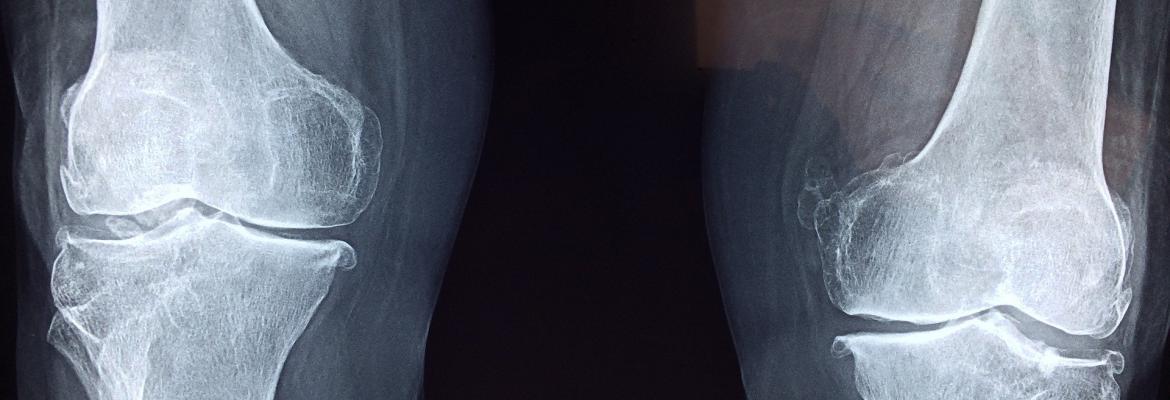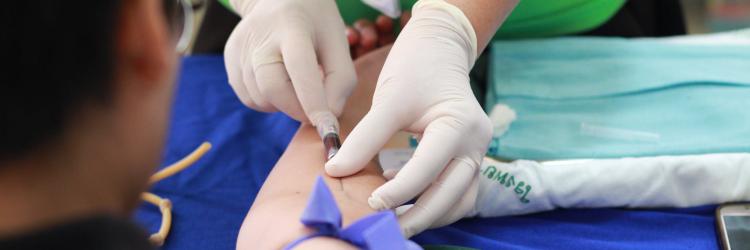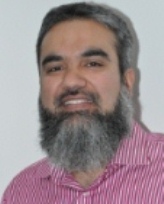Welcome to the biggest training rotation for Rheumatologists in the UK!
Rheumatology is a medical specialty concerning inflammatory and autoimmune causes of musculoskeletal disease, including bone disease. Pain assessment, holistic management and working in a multidisciplinary team are essential. It is an outpatient-based specialty with several procedural skills required.
The rotation is comprised of 3 separate regions with a single teaching hospital hub – Southwest (Cambridge), North (Norwich) and East (Basildon). Trainees are therefore geographically co-located and meet regularly at training days. Changes to internal rotations are possible and should be discussed with one of the two co-TPDs (Dr Nick Shenker, Cambridge and Dr Anupama Nandagudi, Basildon). 100% (8/8) of rotation requests have been accommodated in the past 2 years.
“I just wanted to thank you both for everything over the last year or so. I’ve absolutely loved my time in EoE, and the two of you have been so endlessly supportive throughout.”
Currently, there are 30 trainees placed into 26 posts. In the past 3 years:
- 100% of trainees achieve CCT in Rheumatology and GIM.
- We strongly promote Less-Than-Full-Time training and Dr Rita Abdulkadir would be happy to discuss this further. Job-Sharing can be triggered at 60% working.
- 95% of trainees achieve outcome 1 in their ARCP.
- An MSK ultrasound training course is available to trainees who wish to pursue this.
- Community Rheumatology training is available.
- 5/31 trainees are currently undertaking higher degrees (Cambridge, Oxford, Norwich)
- EARS – our welcoming and informative 3-monthly meeting with Consultants and AHPs in the East of England Region
- ERA – monthly Eastern Rheumatology Association meeting with Consultants and AHPs in the Eastern Region
- ENRAD – UK leading network for Autoimmune Connective Tissue disease
- ERBON – Rare Bone Network, UK leading Bone Network
- CHEERS – Our Paediatric Rheumatology East of England Regional Society
- There is an Academic Forum to promote Academic Rheumatology across the Region
- Mentorship is actively promoted across the Region with a formal programme
- Out of Programme (OOP) experience towards a higher Teaching qualification has also occurred
- High satisfaction from the Trainees with active participation in US Training Panel, Academic Forum, Deanery and British Society for Rheumatology Representatives.
- Rheumatology attracts basic science immunologists and cell biologists interested in (chronic) inflammation research. Inflammation and bone research scientists wishing to train in a clinical specialty might reasonably choose to train clinically in Rheumatology within the National Clinician Scientist Training Scheme.
Essential Qualifications
- Completion of a core medical training programme or equivalent.
- Documented evidence of achievement of level 1 competencies in general internal medicine (acute) and generic curricula.
- MRCP
Desirable Qualities
- A broad general medical interest and knowledge base
- Knowledge and interest in the pathophysiology of auto-inflammatory diseases and metabolic bone disease as well as in biomechanics
- Ability to communicate effectively with patients
- Ability to communicate effectively with medical colleagues and paramedical specialists (for example physiotherapists, occupational therapists, specialist nurses)
- Capacity for working effectively within a team of professionals
- Capacity to be cognisant of the consequences of chronic disease and show sufficient empathy with that situation in applying knowledge and skills
- A commitment to life-long education
Curriculum
Rheumatology Curriculum https://www.jrcptb.org.uk/sites/default/files/Rheumatology%202022%20Curriculum%20FINAL.pdf
Internal Medicine Stage 2 Curriculum
Reading List
Useful websites:
British Society for Rheumatology (BSR) http://www.rheumatology.org.uk/
European League against Rheumatism (EULAR) http://www.eular.org/
American College of Rheumatology http://www.rheumatology.org/
Arthritis Research UK http://www.arthritisresearchuk.org/
National Osteoporosis Guideline Group (NOGG) https://www.shef.ac.uk/NOGG/
'My decision to do Rheumatology was fortuitous – great things happen by chance! The reason why I chose East of England was purely because my mum only knows two places in the UK – Cambridge or Oxford. Hence you can imagine my surprise when I was told that I would spend most of my time in Luton! However what a great decision that was. The rotation prepared me for all eventualities as I had the opportunity to see a wide range of pathology, take OOP time to undertake research, learn from great mentors and had relative freedom to choose the area for sub-specialisation. Though the rotation could be over a large geographical area, all my jobs were outlined in advance with focus on easy commuting and sufficient time to plan ahead. All these benefits manifested with final placement at Luton where the department was keen to expand providing consultant job at the right time for me to apply. I'd thoroughly recommend EoE rotation as I feel it complements a wide variety of job interests and provides plenty of opportunities to excel whilst keeping work life balance.’
Muhammad Nisar - Consultant in Rheumatology and General Medicine, Luton and Dunstable Hospital
Below are some highlights of research projects being undertaken or recently completed by our trainees;
 Max Yates, Academic Rheumatology trainee and clinical lecturer
Max Yates, Academic Rheumatology trainee and clinical lecturer
PhD in 'Epidemiology of polymyalgia rheumatica and giant cell arteritis' completed at University of East Anglia Jan 2018.
''My PhD investigated risk factors for onset and progression amongst individuals diagnosed with polymyalgia rheumatica (PMR) and giant cell arteritis (GCA)''
Jobie Evans, ST7 Rheumatology Trainee, currently out of programme for research
Currently undertaking MD Research Project in 'The effectiveness of small bowel MRI imaging as a screening tool for the presence of axial spondyloarthritis.' Undertaken at Addenbrookes Hospital on behalf of Cambridge University.
''My MD project is assessing the effectiveness of looking for incidental sacro-iliitis on MRI small bowel imaging to detect undiagnosed axial spondyloaarthritis. My aim is to increase the diagnostic rate and thereby referral rate from Gastro. There is good evidence long term structural damage and functional impairment can be prevented for early intervention in this patient group. However there is often a long time between first presentation to health care professional and a diagnosis being made, often over 5 years. I hope help improve the early referral of these patients from gastroenterology to rheumatology.''
Jagtar Nijjar, Academic Trainee and National Institute of Health Research Clinical Lecturer
Creating a national registry of CRMO (Chronic Relapsing Multifocal Osteomyelitis) and SAPHO (Synovitis Acne Pustulosis Hyperostosis and Osteiitis) as part Clincal Lecturer Role.
''Following a chance meeting with a mother of a teenage girl suffering from CRMO I wanted to do more to help patients with these two rare, possibly overlapping conditions. As these condition are so rare, in order to do this we need a formal register of patients with these conditions. This will help us identify potential causative factors and enable us to easily recruit patients to clinical trials to gather robust evidence for the most effective treatments.''
For further details see; http://www.cambridgeindependent.co.uk/news/health/cambridge-bioresource-needs-your-help-to-cure-rare-diseases-1-5647693
The Annual Review of Competence Progression (ARCP) takes place each year. This normally covers both rheumatology and general medicine, with the only exception being the Penultimate Year Assessments (PYAs) where the appraisals are separated. Trainees should ensure that their e-portfolio is up-to-date with the required number of assessments at least 2 weeks prior to the ARCP to enable the panel to review the evidence before the meeting.
Rheumatology ARCP Decision Aid
https://www.jrcptb.org.uk/sites/default/files/Rheumatology%20ARCP%20Decision%20Aid%20FINAL.pdf
Internal Medicine Stage 2 ARCP Decision Aid https://www.jrcptb.org.uk/sites/default/files/IMS2%20ARCP%20Decision%20Aid%202022%20150921.pdf



